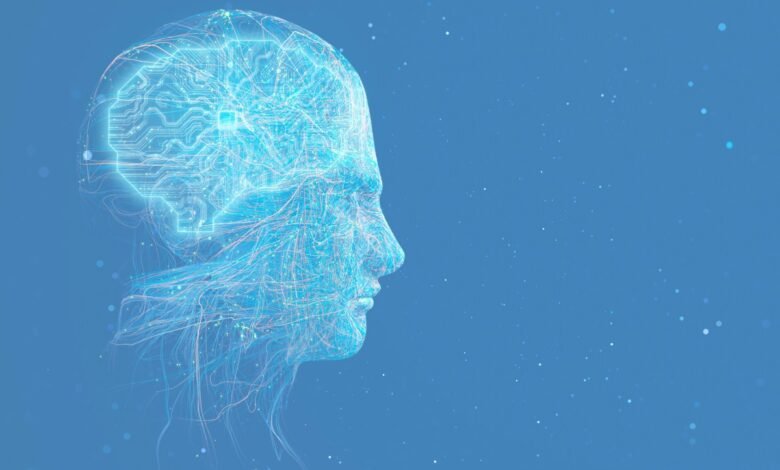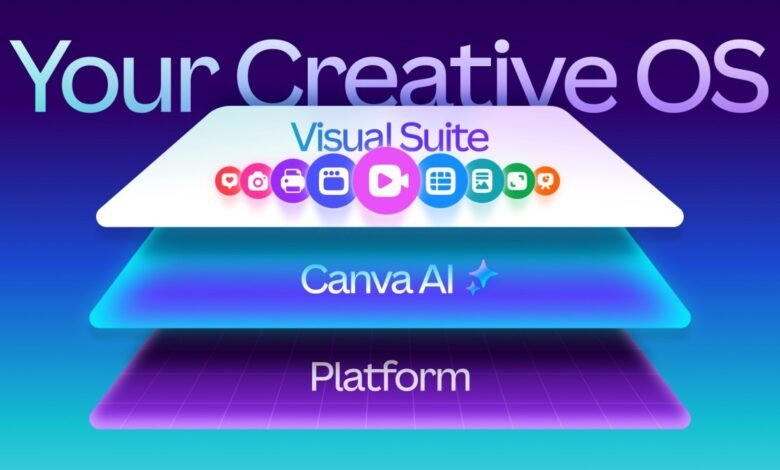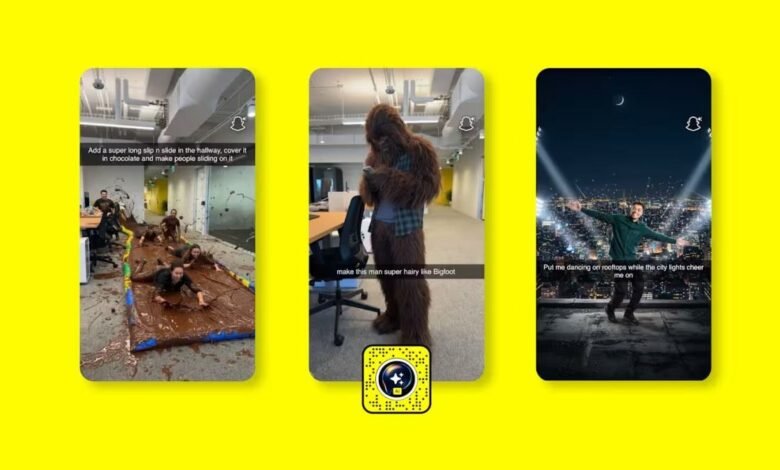Researchers tested large language models (LLMs) on a vacuum robot with the task "pass the butter," revealing significant gaps in…
Read More »Hugging Face
Hugging Face is a leading AI company and open-source platform specializing in natural language processing (NLP) and machine learning (ML). It provides tools, libraries, and pre-trained models, such as Transformers, for tasks like text generation, sentiment analysis, and machine translation. The platform fosters collaboration through its Model Hub, where developers and researchers can share and access ML models. Hugging Face has become a key resource in the AI community, simplifying model deployment and advancing the accessibility of cutting-edge AI technologies.
Datadog's Updog is a free public dashboard that monitors real-time status of major cloud services like AWS and Slack, enabling…
Read More »Canva has launched a proprietary design model that creates fully editable layered designs across various formats, enhancing user control and…
Read More »ChatGPT now enables direct app integrations with services like Spotify, Figma, and Canva, allowing the AI to perform tasks such…
Read More »CyDeploy creates a digital twin of critical systems using machine learning, enabling safe testing of updates to patch vulnerabilities without…
Read More »Miraqules will debut its revolutionary blood-clotting nanotechnology at TechCrunch Disrupt 2025, a powder that mimics natural clotting proteins to stop…
Read More »Unlisted is a real estate platform that connects potential buyers with homeowners before properties are officially listed for sale, addressing…
Read More »Large enterprises pay for unused electricity capacity due to an outdated purchasing model, which COI Energy addresses by creating a…
Read More »Threads is introducing "ghost posts," a feature that allows users to share content that automatically archives after 24 hours, aiming…
Read More »Pinterest is introducing new AI features to turn user boards into personalized discovery and shopping tools, with testing underway in…
Read More »Stability AI and Electronic Arts (EA) have formed a strategic partnership to co-develop generative AI tools and workflows, aiming to…
Read More »Snapchat has made its AI-powered "Imagine Lens" free for all U.S. users, allowing them to generate or alter images using…
Read More »Amazon has launched AI-powered smart glasses for delivery drivers to provide a hands-free experience, displaying critical information like navigation and…
Read More »Pinterest has introduced new user controls allowing individuals to limit AI-generated content in their feeds, addressing concerns over "AI slop"…
Read More »Airbnb has introduced social networking features that allow travelers to connect with others during shared Experiences and stay in touch…
Read More »Yelp introduced an AI feature that lets users point their phone camera at a menu to instantly view photos and…
Read More »YouTube has launched a likeness-detection tool for its Partner Program creators to combat AI-generated misuse of personal identity, enabling them…
Read More »Oura's app update introduces a new design with personalized tabs for daily insights, vitals, and long-term health management, including features…
Read More »WhatsApp is introducing new limits on messages sent to non-responsive users to combat spam while maintaining core communication features. The…
Read More »Startups are increasingly collecting proprietary data directly from human experts, recognizing that superior training data leads to better AI performance,…
Read More »


















